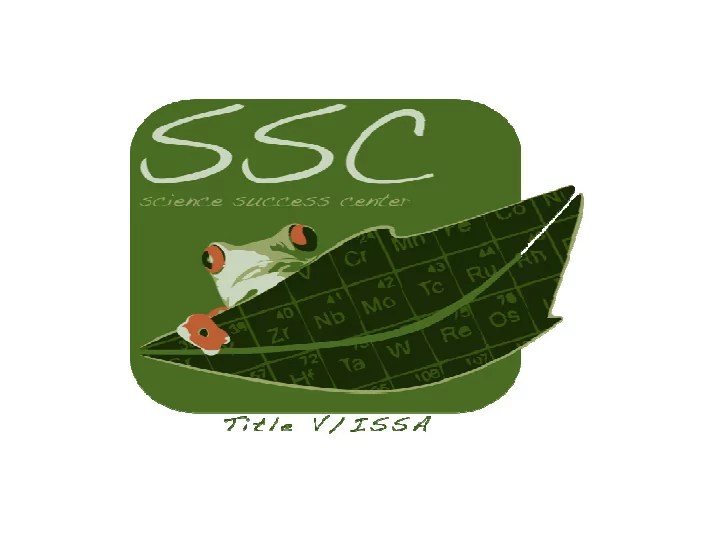

Membranes are a fluid mosaic of phospholipids and proteins
Membrane proteins have specific functions
Membranes form spontaneously, a critical step in the origin of life
Passive transport is diffusion across a membrane with no energy investment
Osmosis is the diffusion of water across a membrane
Water balance between cells and its surroundings is crucial to organisms
Transport proteins may facilitate diffusion across membranes
Cells expend energy in the active transport of a solute against its concentration gradient
Exocytosis and endocytosis transport large molecules across membranes
Cells transform energy as they perform work
Two laws govern energy transformations • First law of thermodynamics: Energy can be transferred and transformed, but it cannot be created or destroyed. • Second law of thermodynamics: Energy conversions increase the Entropy of the universe. • Entropy: A measure of disorder
Chemical reactions either release or store energy Exergonic reaction Endergonic reaction
ATP shuttles chemical energy and drives cellular work
ATP powers cellular work Phosphorylation
Enzymes speed up the cell’s chemical reactions by lowering energy barriers
A specific enzyme catalyzes each cellular reaction
Enzyme inhibitors block enzyme action and can regulate enzyme activity in a cell
Recommend
More recommend